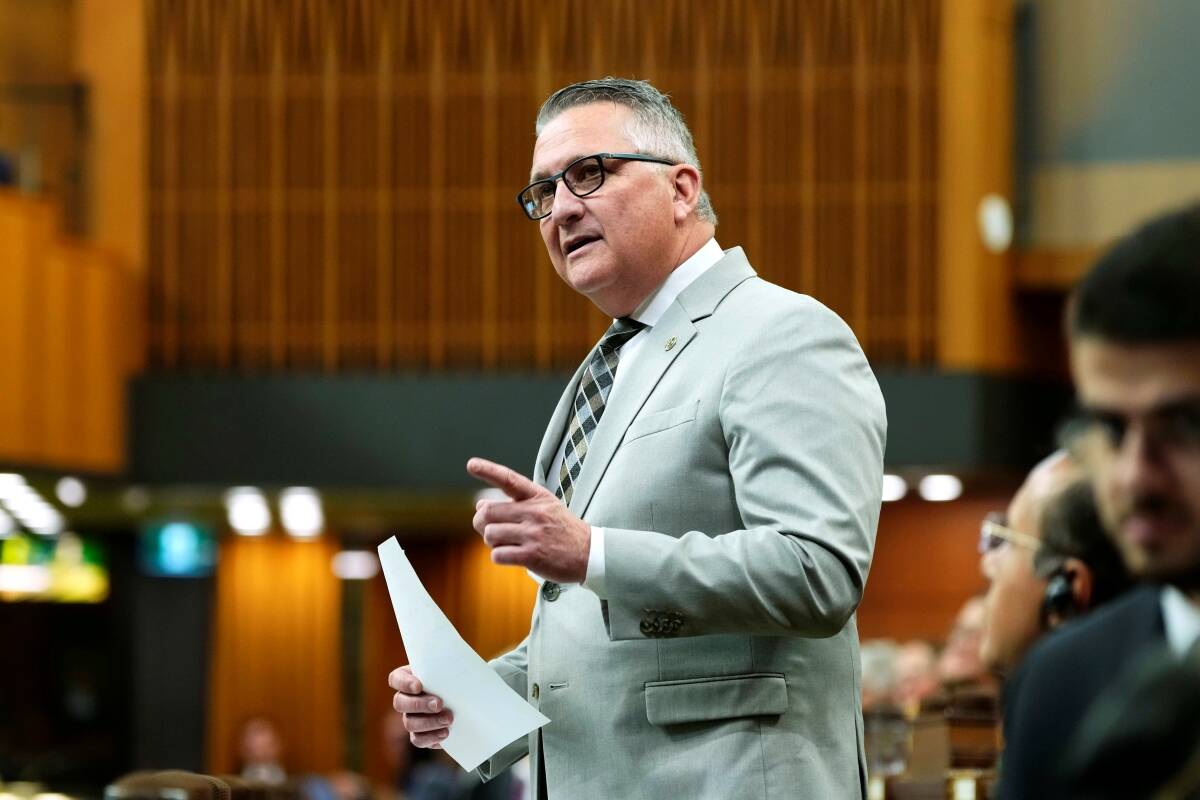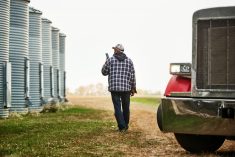The federal finance ministry has backed away from proposed plans for new limits on capital gains exemptions, over concerns of “unintended consequences” for businesses such as farms.
Finance Minister Bill Morneau on Thursday announced the federal government “will not be moving forward with measures that would limit access to the LCGE (lifetime capital gains exemption),” nor with “measures relating to the conversion of income into capital gains.”
Morneau’s announcement follows a related move Wednesday, in which the ministry announced plans for a new $50,000 threshold on passive investment income in a given tax year.
Read Also

Canada, Mexico look beyond U.S. as agri-food trade pact expands
Earlier this week Heath MacDonald, Canada’s Minister of Agriculture and Agri-Food and Mexico’s Secretary of Agriculture and Rural Development, Julio Berdegué, met to discuss bilateral relations and strengthen cooperation and trade ties between the two countries.
Both announcements marked a step back from proposals the government made this summer to limit the use of Canadian corporate income tax rates by “high-income individuals” as a way to gain a “personal tax advantage.”
During its consultations on those proposals, the government said Thursday, it heard from “many farmers and fishers,” among other business owners, that the measures “could result in several unintended consequences, such as in respect of taxation upon death and potential challenges with intergenerational transfers of businesses.”
The federal LCGE today offers a tax exemption for capital gains realized by an individual on the disposition of qualified small business shares, up to a lifetime limit of $835,716 in 2017, indexed to inflation.
Specifically for disposition of qualified farm or fishing property, the lifetime limit in respect of capital gains is $1 million, meaning a farmer can claim an LCGE of up to $1 million on disposition of eligible property, including on transfer of such property to a child.
The LCGE is applied on an individual basis, thus the amount can be doubled to $2 million if both a farmer and his or her spouse qualify for the exemption. Farmers, like other Canadians, are also entitled to a separate tax exemption from any gain on his or her principal residence.
On passive income, the government this summer had proposed measures by which savings held as passive investments within corporations would be “taxed in a manner that is equivalent to savings held directly by individuals” such as by salaried employees.
Groups such as the Canadian Federation of Agriculture (CFA) protested against that proposal, describing passive investments as “vital” for farmers in helping to manage year-over-year risks due to weather or market-related volatility.
Of the planned new $50,000 threshold, the government said Thursday, Canadian-controlled private corporations (CCPCs) that had taxable passive income above that threshold in 2015 represented just three per cent of the CCPC population, but earned more than 88 per cent of total taxable passive income.
Thus, the government said, the “vast majority of businesses will not be affected by the tax changes.” Corporations will see no tax increase on passive investment income below the $50,000 threshold.
Morneau also pledged Monday that measures proposed this summer relating to “income sprinkling” will be simplified, “with the aim of providing greater certainty for family members who contribute to a family business, including a family farm.”
The government also announced Monday it plans to cut the federal small business tax rate to 10 per cent effective Jan. 1, 2018, and to nine per cent in 2019.
“Farmers are pleased to see that Minister Morneau listened to concerns from CFA and other groups and, as a result, decided against plans to limit the lifetime capital gains exemption and options to convert income to capital gains,” CFA president Ron Bonnett said in a separate release Thursday.
“Both measures would have led to enormous complexity and added costs for intergenerational farm transfers and could’ve even encouraged farmers to sell their businesses to non-family members,” said Bonnett, a cattle producer from Bruce Mines, Ont.
Morneau’s other announcements earlier this week “also appear to be steps in the right direction,” the CFA said, adding it plans to study the final proposals once the related legislation is tabled in Parliament.
“We want to see farm and fishery families succeed,” Morneau said in the government’s release Thursday. “As we move forward with creating a fairer tax system for the middle class, we will work to protect family farms and fisheries, and the ability of all family-run business owners to pass down the results of their hard work to the next generation.” — AGCanada.com Network









